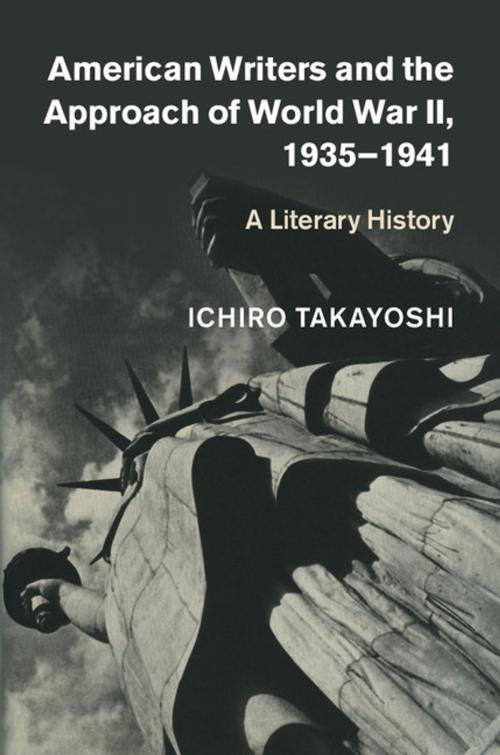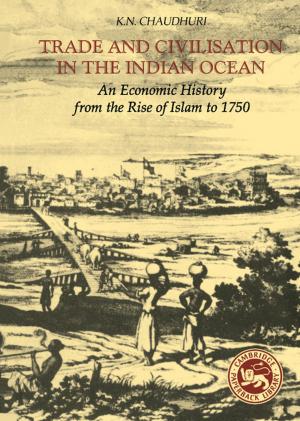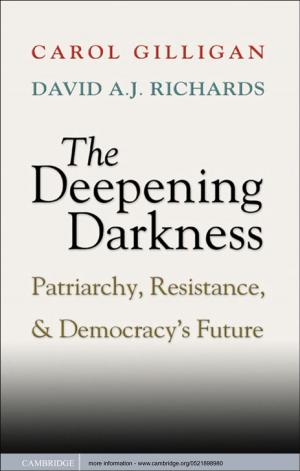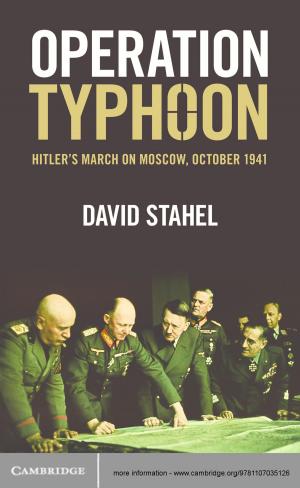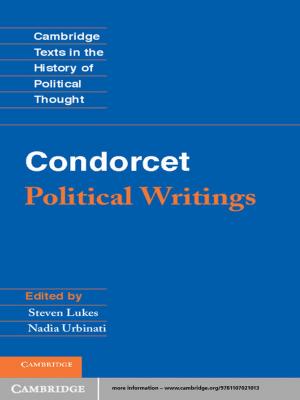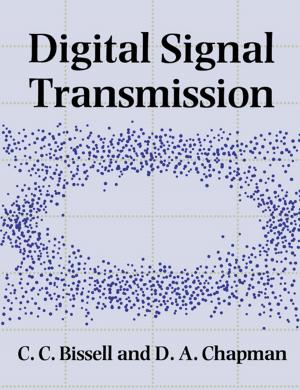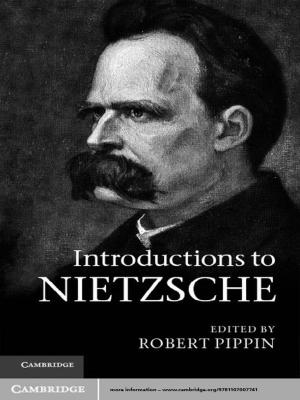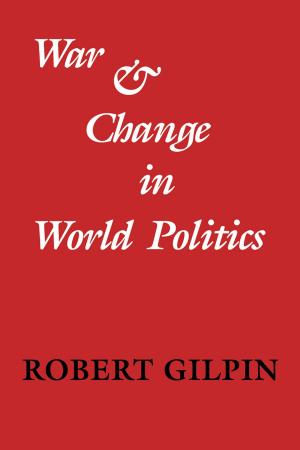American Writers and the Approach of World War II, 1935–1941
A Literary History
Fiction & Literature, Literary Theory & Criticism, American, Nonfiction, History| Author: | Ichiro Takayoshi | ISBN: | 9781316289365 |
| Publisher: | Cambridge University Press | Publication: | April 16, 2015 |
| Imprint: | Cambridge University Press | Language: | English |
| Author: | Ichiro Takayoshi |
| ISBN: | 9781316289365 |
| Publisher: | Cambridge University Press |
| Publication: | April 16, 2015 |
| Imprint: | Cambridge University Press |
| Language: | English |
Ichiro Takayoshi's book argues that World War II transformed American literary culture. From the mid-1930s to the American entry into World War II in 1941, pre-eminent figures from Ernest Hemingway to Reinhold Neibuhr responded to the turn of the public's interest from the economic depression at home to the menace of totalitarian systems abroad by producing novels, short stories, plays, poems, and cultural criticism in which they prophesied the coming of a second world war and explored how America could prepare for it. The variety of competing answers offered a rich legacy of idioms, symbols, and standard arguments that were destined to license America's promotion of its values and interests around the world for the rest of the twentieth century. Ambitious in scope and addressing an enormous range of writers, thinkers, and artists, this book is the first to establish the outlines of American culture during this pivotal period.
Ichiro Takayoshi's book argues that World War II transformed American literary culture. From the mid-1930s to the American entry into World War II in 1941, pre-eminent figures from Ernest Hemingway to Reinhold Neibuhr responded to the turn of the public's interest from the economic depression at home to the menace of totalitarian systems abroad by producing novels, short stories, plays, poems, and cultural criticism in which they prophesied the coming of a second world war and explored how America could prepare for it. The variety of competing answers offered a rich legacy of idioms, symbols, and standard arguments that were destined to license America's promotion of its values and interests around the world for the rest of the twentieth century. Ambitious in scope and addressing an enormous range of writers, thinkers, and artists, this book is the first to establish the outlines of American culture during this pivotal period.
